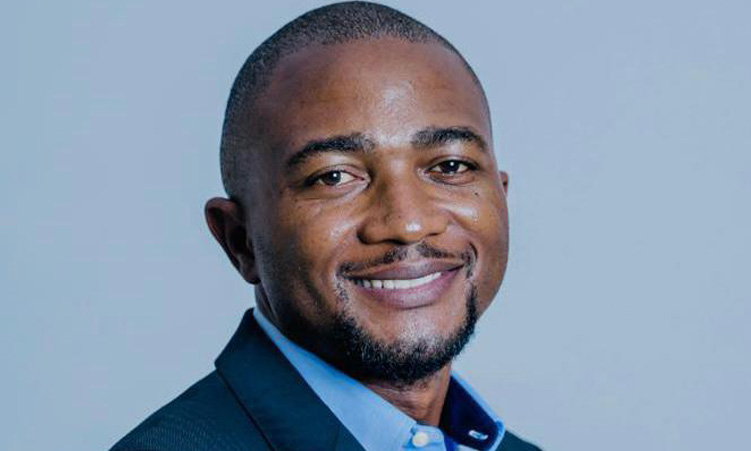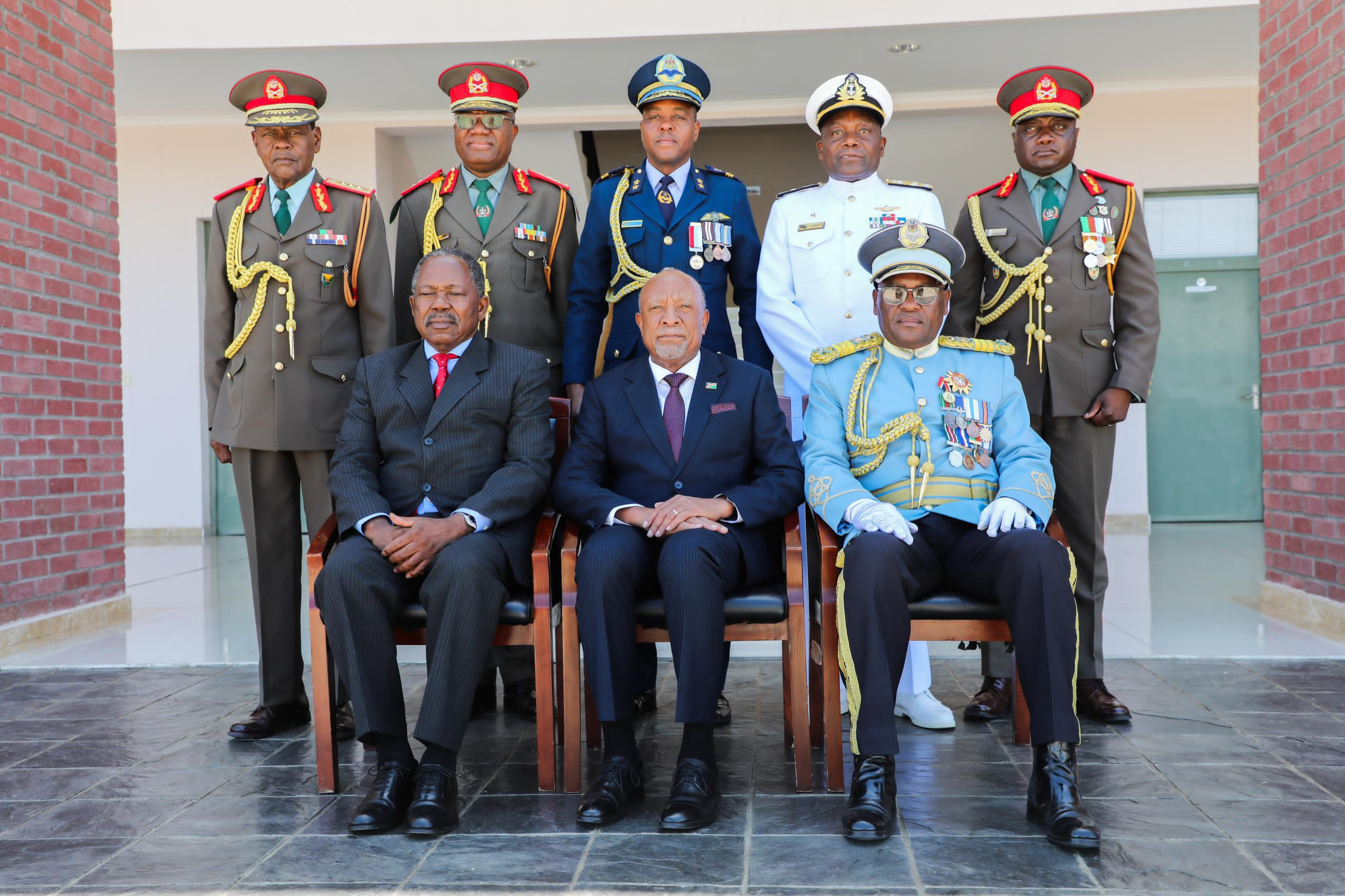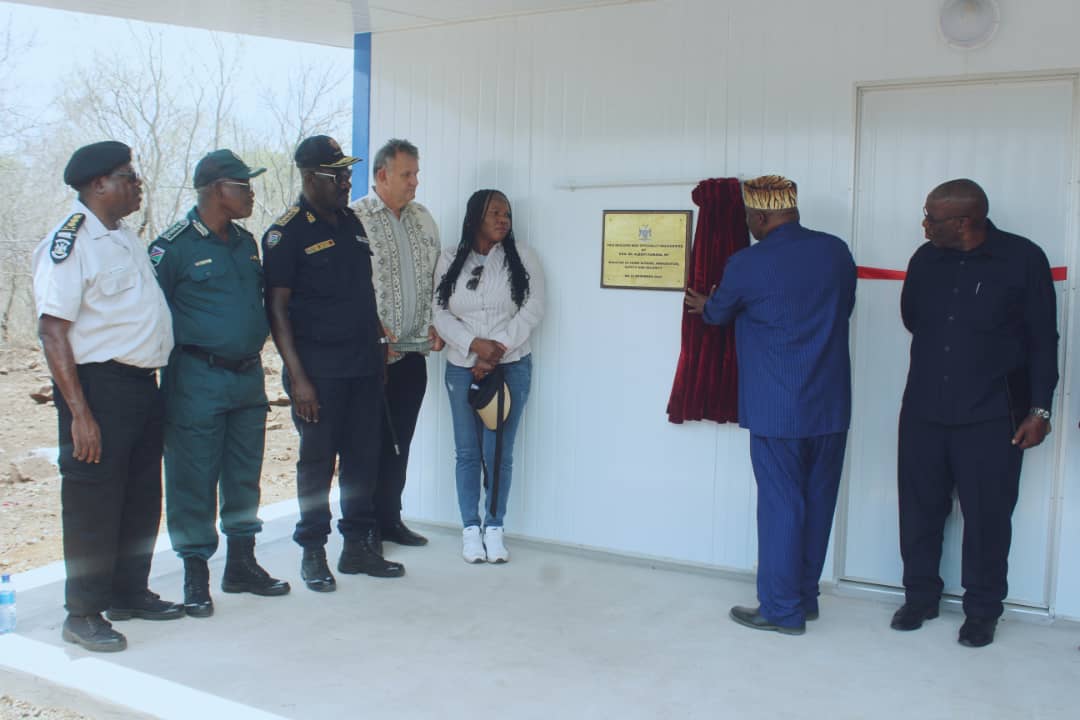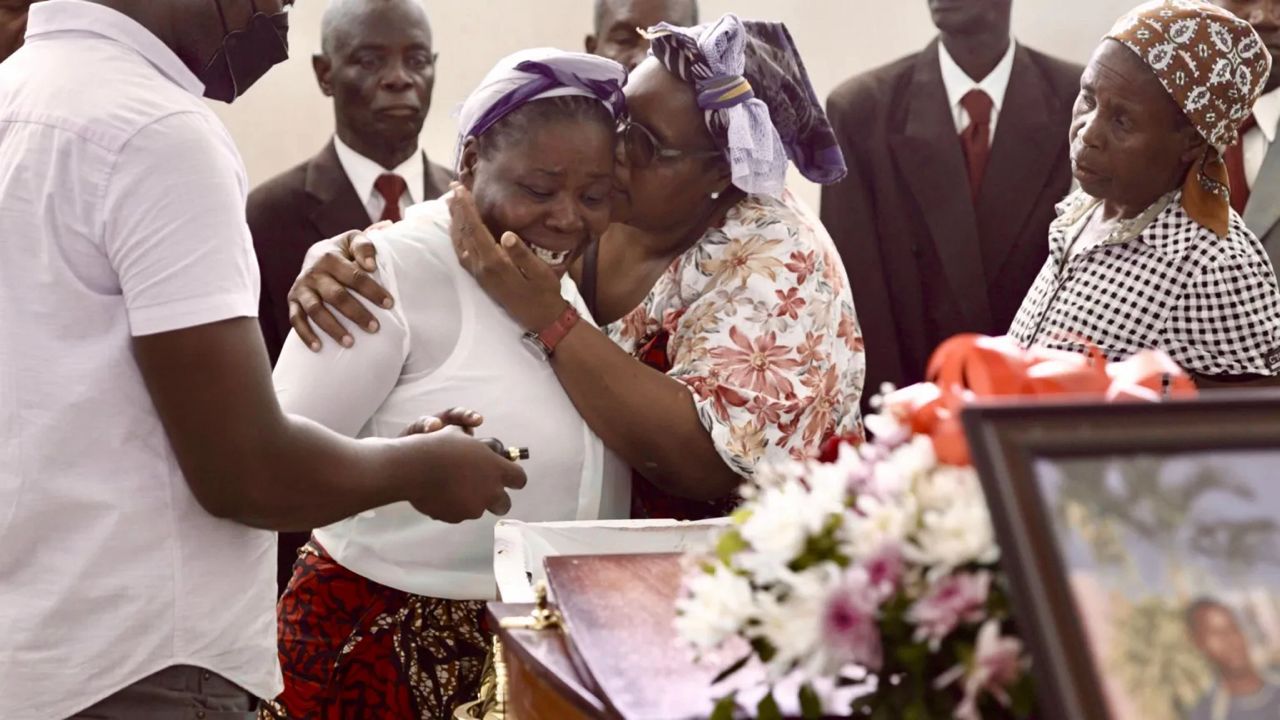When a party is as electorally dominant as Swapo, there is a natural propensity for political analysts, journalists and the public to closely follow and analyse its internal politics, the way it governs and its shortcomings.
This is because Swapo has dominated the policy-making process and its ramifications for 34 years.
It goes without saying that Namibia has a political problem and Swapo is its main architect.
With Netumbo Nandi-Ndaitwah (NNN) as its presidential candidate, it has promised the electorate a candidate who is ‘clean’ and will propel Namibia to new heights as she is a ‘tried and tested cadre’.
Even though Nandi-Ndaitwah is Swapo’s best option, it doesn’t mean she is the right person to lead the country in a time of colossal social and economic upheaval.
Unless she is unequivocal on what she wants to do with state power, her possible presidency will run on auto-pilot and be a repeat of president Hifikepunye Pohamba’s 10 wasted years.
Without a clear and robust ideological development blueprint, her presidency will be hijacked by bureaucrats and politicians across the state machinery who she thinks will help her rescue Namibia from the doldrums of poverty, unemployment and widening inequality.
‘THAT MANIFESTO’
Aggravating matters, her plans for the country are anchored in a vacuous manifesto that is shallow at best: It fails to meet the expectations of deep research into the state’s existential problems after more than 30 years under Swapo.
It also fails to intelligently respond to the situation with sound undertakings premised on the foundational question: How?
Put bluntly, it recycles an old tired vision and a mass production of illusions aimed at galvanising a nation consumed by a sense of hopelessness.
The launch of Swapo’s manifesto was more of a political ritual than a festival of ideation.
Of serious concern are the remarks of Swapo secretary general Sophia Shaningwa at an event to dissect the manifesto.
Without blinking an eye, she said “we are not going to establish something new, the vice president will simply add value to already established foundations by her predecessors”.
Given the current socioeconomic climate what precisely are these foundations? Do they speak to social justice?
IDEAS MATTER
Notwithstanding the serious shortcomings of the party’s manifesto (as she might not have been involved in crafting it), we need to ask what Nandi-Ndaitwah’s thinking is on the fundamentals of the economy; it remains disconcertingly vague.
Those around her perhaps have good reason to build her campaign around her personality and integrity, but that does not replace the centrality of ideas in terms of how she would govern.
Seasoned diplomat Tuliameni Kalomoh pointedly remarked “this woman is incorruptible, whether morally or materially”.
Whether Nandi-Ndaitwah has a moral compass and an impeccable character is beside the point. She cannot constitute a government by herself.
In politics, the way you speak reflects who you aspire to reach.
In her foreword in Swapo’s manifesto, Nandi-Ndaitwah repeats the empty chorus of “steering Namibia towards the goals of Vision 2030”.
It states Namibia will be an industrialised country and unemployment will be reduced to 2.3%.
By the time Vision 2030 was released, the official unemployment rate was 30%.
Today, the National Statistics Agency is playing Tom and Jerry by not releasing the latest unemployment figures.
With this vision five years away, is it economically plausible to speak of an unemployment rate of 2.3% by 2030?
OPPORTUNISTS
Swapo has been hijacked by opportunists and currently suffers from an ideology of no ideology.
Put differently, there is nothing of substance that informs the party’s policy articulation agenda.
To a large extent, the National Development Goals (NDPs) have failed to achieve their milestones in order to reach Vision 2030’s master goal.
In fact, we move from one to the other without asking “where did we go wrong and what needs to be done differently?”
The claim that Swapo has lost its vision used to be an allegation but is now a reality for all to see.
Swapo was a natural asset in the 1990s. Today, it is the country’s biggest liability as the nation competes with South Africa to be the most unequal country in the world.
There is an army of restless unemployed people constituting 36%, 1.6 million people drowning in poverty, and 85 000 Namibians grappling with hunger.
Since independence, the Swapo-led government has not built a single hospital the size of Katutura State Hospital or Windhoek Central Hospital.
Instead, the party constructed a N$700 million party headquarters directly across the road.
IS SHE READY?
Nandi-Ndaitwah and her team believe she is the solution to Namibia’s problems but seldom admit she is also part of the problem confronting Namibia socioeconomically.
NNN appears to have the hallmarks of a leader who is serious and sincere about transforming the country for the better, but her party’s current legacy poses a serious liability to her leadership potential.
Her ability to deal with corruption, which in most cases is driven in male-dominated industries like health and construction, will be called into question.
So, is she ready to govern?
- • Rui Tyitende is a Political Scientist based in Windhoek.
Stay informed with The Namibian – your source for credible journalism. Get in-depth reporting and opinions for
only N$85 a month. Invest in journalism, invest in democracy –
Subscribe Now!






